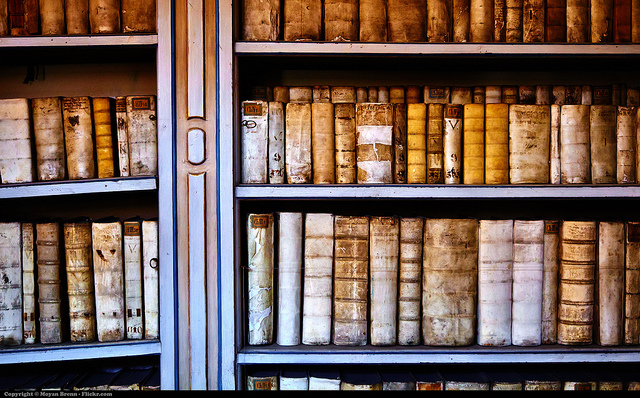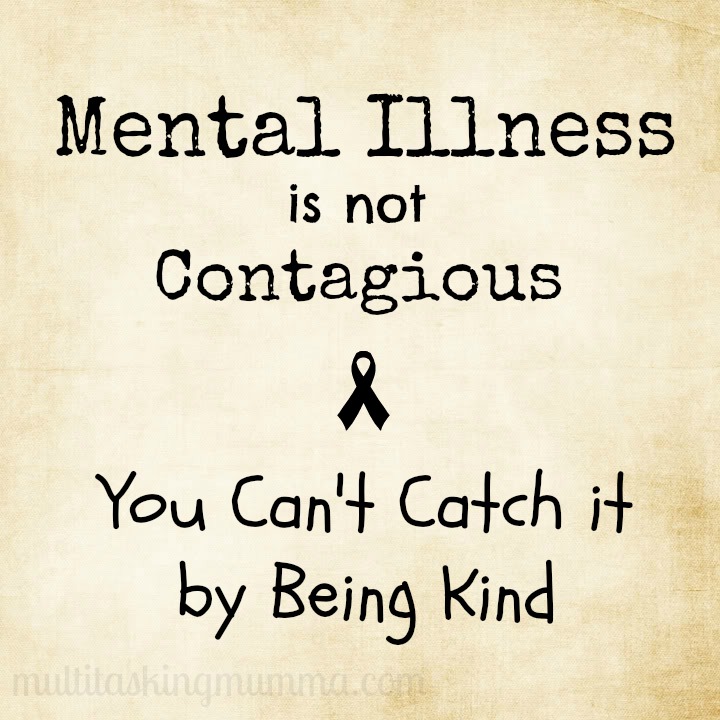With the death of longtime Cuban leader Fidel Castro last week, many are showing renewed interest in the small island nation and its history. The United States only recently began reestablishing a friendly relationship with Cuba, so there’s a lot that Americans don’t know, or simply misunderstand, about the country. If you’re looking to learn more about Cuba, here’s some recommended reading to get you started:
1. Cuba: What Everyone Needs to Know by Julia Sweig
This book, written by Latin American expert Julia Sweig, outlines the basics of the country’s political culture, both internally and globally. This is a great reference for those who want an inside look at how the socialist country operates and its place on the world stage.
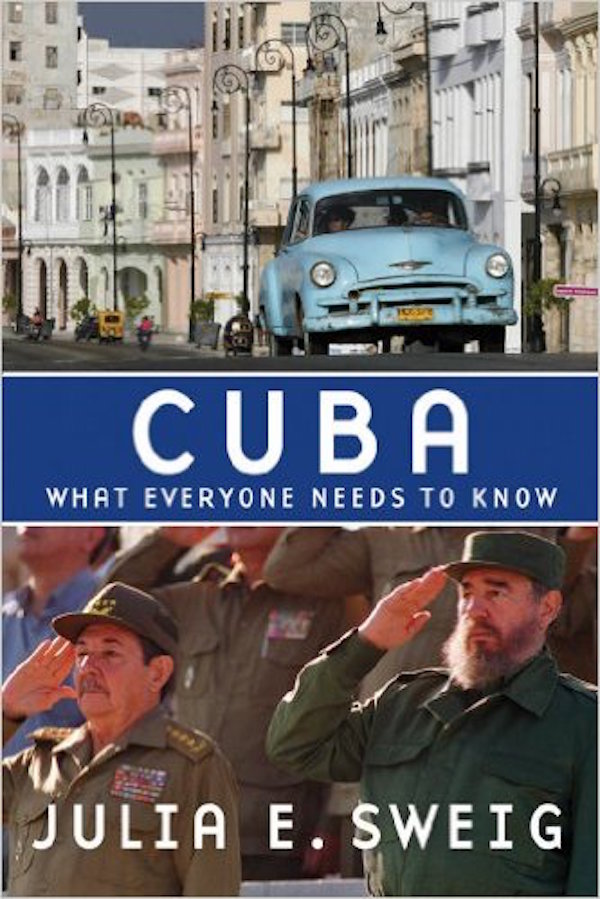
Source: Amazon
2. The Boys from Dolores: Fidel Castro’s Schoolmates from Revolution to Exile by Patrick Symmes
If you want to learn more about Castro himself, this book chronicles the journey of the Cuban leader and his school companions, who all came from elite, ambitious families and were chosen to attend the Colegio de Dolores based on their leadership potential. The revolution changed their trajectory immensely, and it makes for very compelling reading.
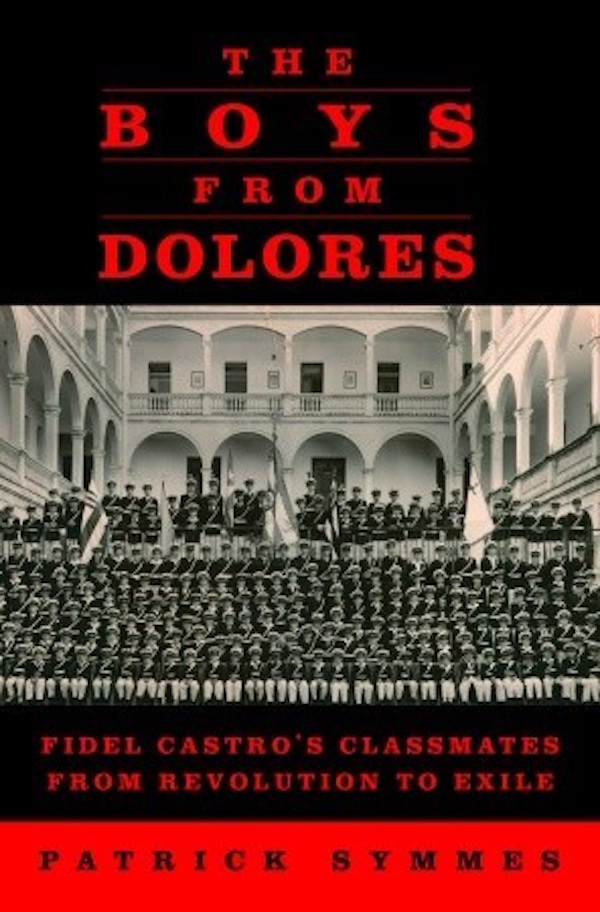
Source: Amazon
3. Before Night Falls by Reinaldo Arenas
This memoir by the late Cuban writer Reinaldo Arenas tells the story of his difficult childhood, his role as a rebel fighter, his imprisonment for being gay, and his eventual emigration to the United States. It addresses the ideas of revolution, disillusionment, social justice, and freedom against the backdrop of a country undergoing extreme change.

Source: Amazon
4. The Other Side of Paradise: Life in the New Cuba by Julia Cooke
Journalist Julia Cooke lived in Cuba intermittently over a period of five years, and in this book she intimately examines the lives of the last generation raised during Fidel Castro’s rule, with specific attention paid to the juxtaposition of isolated life in Cuba versus the opportunities presented by the outside world.
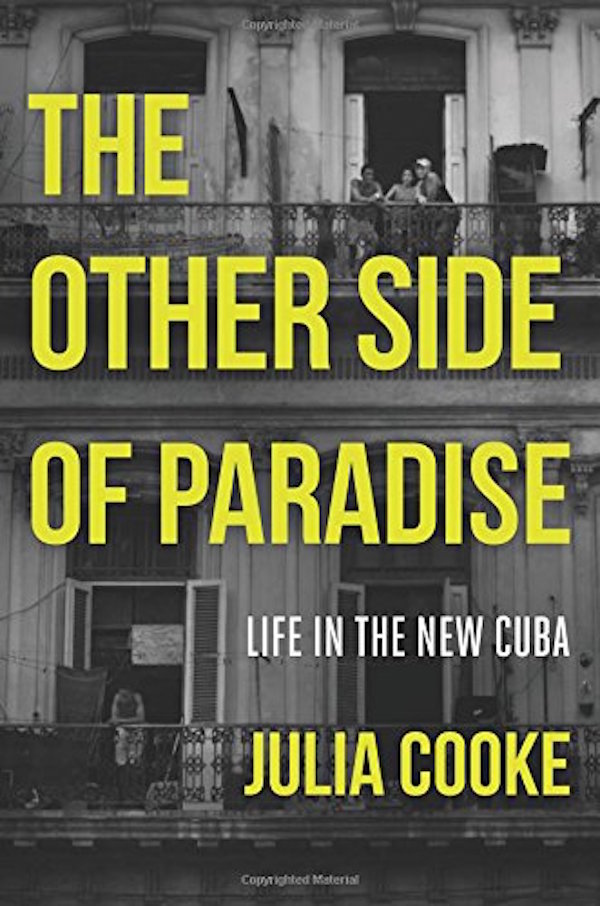
Source: Amazon
5. Cuban Revelations: Behind the Scenes in Havana by Marc Frank
This book explores the political relationship between Cuba and the United States, the changes that have taken place since power shifted from Fidel Castro to his brother, Raúl, and the daily lives of Cuban citizens trying to adjust to those changes after 50 years under the same leadership.
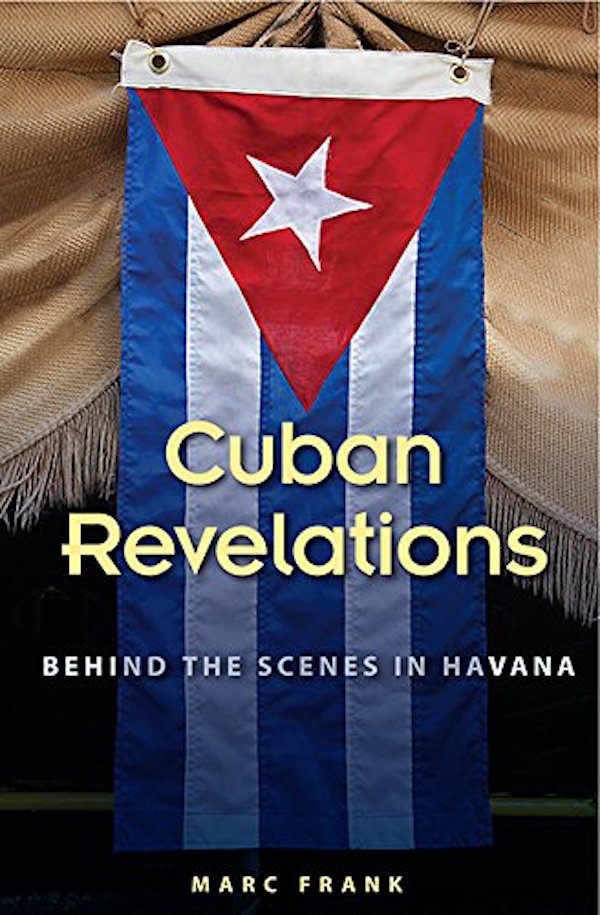
Source: Amazon
6. Cubana: Contemporary Fiction by Cuban Women
This fiction anthology was first published in Cuba in 1996 and was seen as a groundbreaking moment for the country’s female writers. It features sixteen stories by Cuban women, which provide deep insight into the social and economic realities of Cuba, and the role that art and writing have to play as the country undergoes modern changes.
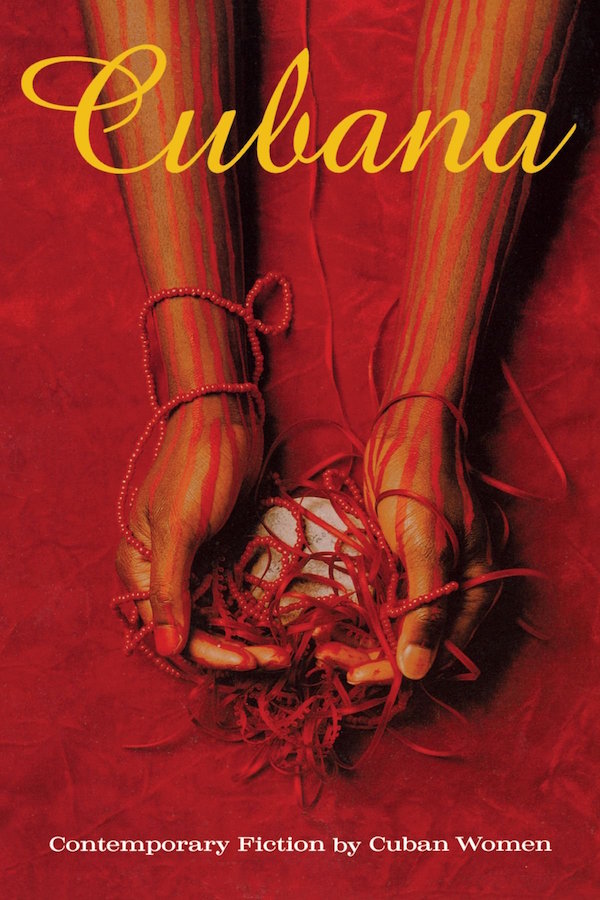
Source: Amazon
These books will introduce you to Cuba, its history and its uncertain future, all of which are far more complex, interesting, and inspiring than American political rhetoric and history classes let on.
YouTube Channel: Vox
Featured image via Pexels
